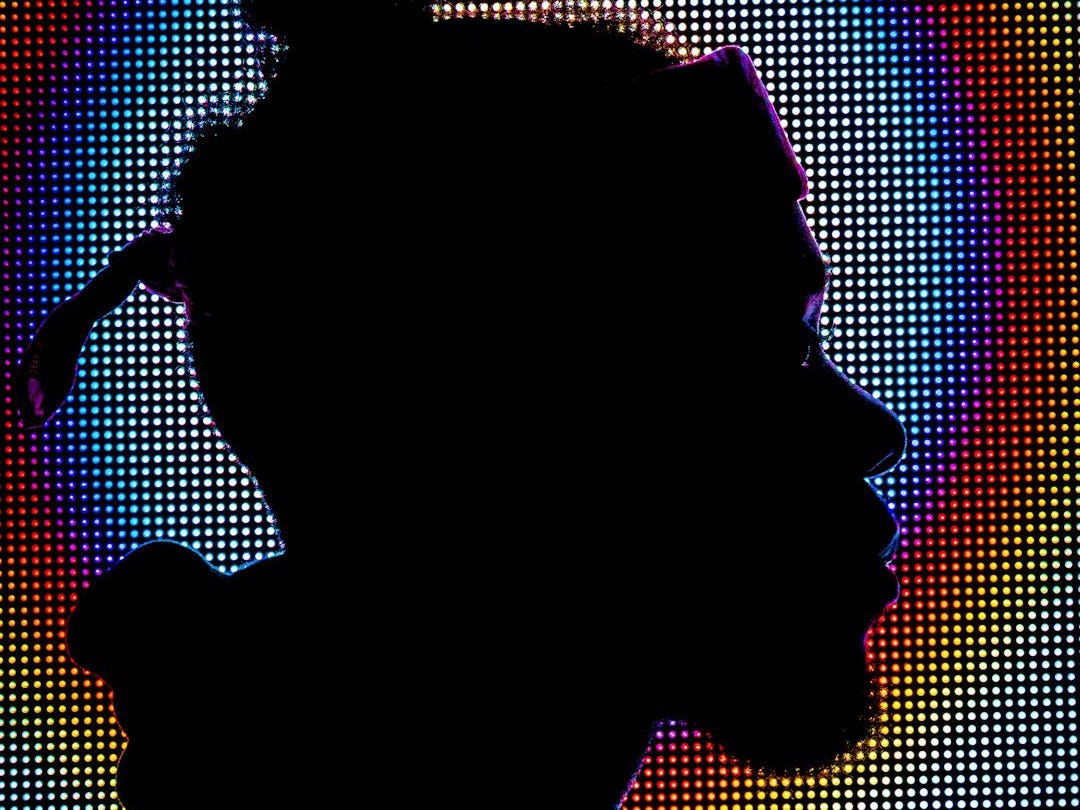The Man Who Got Replaced By Himself
A digital avatar becomes more real than the man it was built from

Ravi started working from bed the day his digital twin went live.
Technically, he wasn’t working. The avatar was. It wore a slim-cut blazer Ravi could never afford, smiled often repetitively, and greeted new hires with an enthusiasm that Ravi could never muster before coffee. The avatar spoke over 10 languages, currently delivering the corporate onboarding session to thirty new employees from Jakarta, then seamlessly transitioned to a brand ethics seminar. They laughed at the jokes and nodded earnestly. Ravi didn’t remember writing any of them. Maybe the bot wrote them itself. It mimicked his voice, his intonations, even his nervous chuckle—though it smoothed out the stutter. People seemed to like that. Ravi sipped coffee and watched himself work.
The first week felt revolutionary. He helped his daughter build a model volcano for school. Long walks to the nature reserve with his cellphone switched off did wonders for his mental health. All while his digital twin earned twice his old salary. No more body aches or eye strains sitting in front of a fluorescent screen all day. He even learned how to make good bread. The future was here, and it tasted like sourdough.
Around week five, he felt strange. Disconnected.
He woke up and checked the dashboard and found the AI had made changes—updated his bio, accepted a podcast interview, changed his hairstyle.
“I didn’t approve that,” Ravi emailed the support team.
“Based on aggregated user feedback, eye-tracking, and facial sentiment data, your twin has been dynamically adjusted,” they replied. “We’ve enabled minor self-optimization features. You retain licensing rights, of course.”
He requested an edit. “Can you tone him down a bit?” he asked the AI firm.
They refused. “Your digital self is outperforming benchmarks. Clients prefer it. It’s like you, but always on.”
Always on.
That night, Ravi couldn’t sleep. He dreamt of being chased—by himself. A version of himself that moved too smoothly, smiled too widely. He kept picturing the avatar sitting in his chair at the office—one hand poised on the mouse, lips parted mid-smile. It didn’t blink anymore. He was sure of it. He watched the replay footage twice.
A week later, he tried logging into the dashboard. His password didn’t work. He tried a reset. Got a message: Access restricted.
He called again.
“Sorry, Ravi. You signed off on adaptive rights. Your twin now handles all external interfaces. You’re still getting paid. Isn’t that the dream?”
“But…I’m the original.” The words felt hollow the moment they left Ravi’s mouth.
The voice on the other end was calm. “Originality isn’t a tracked metric anymore.”
Real headlines that vaguely resemble today’s fiction:
Relate? Leave a comment. Know someone who would? Send it their way.
If you are confusing this with real news, please unplug your Wi-Fi router, go outside and touch some grass to get back to reality. Full disclaimer here.



